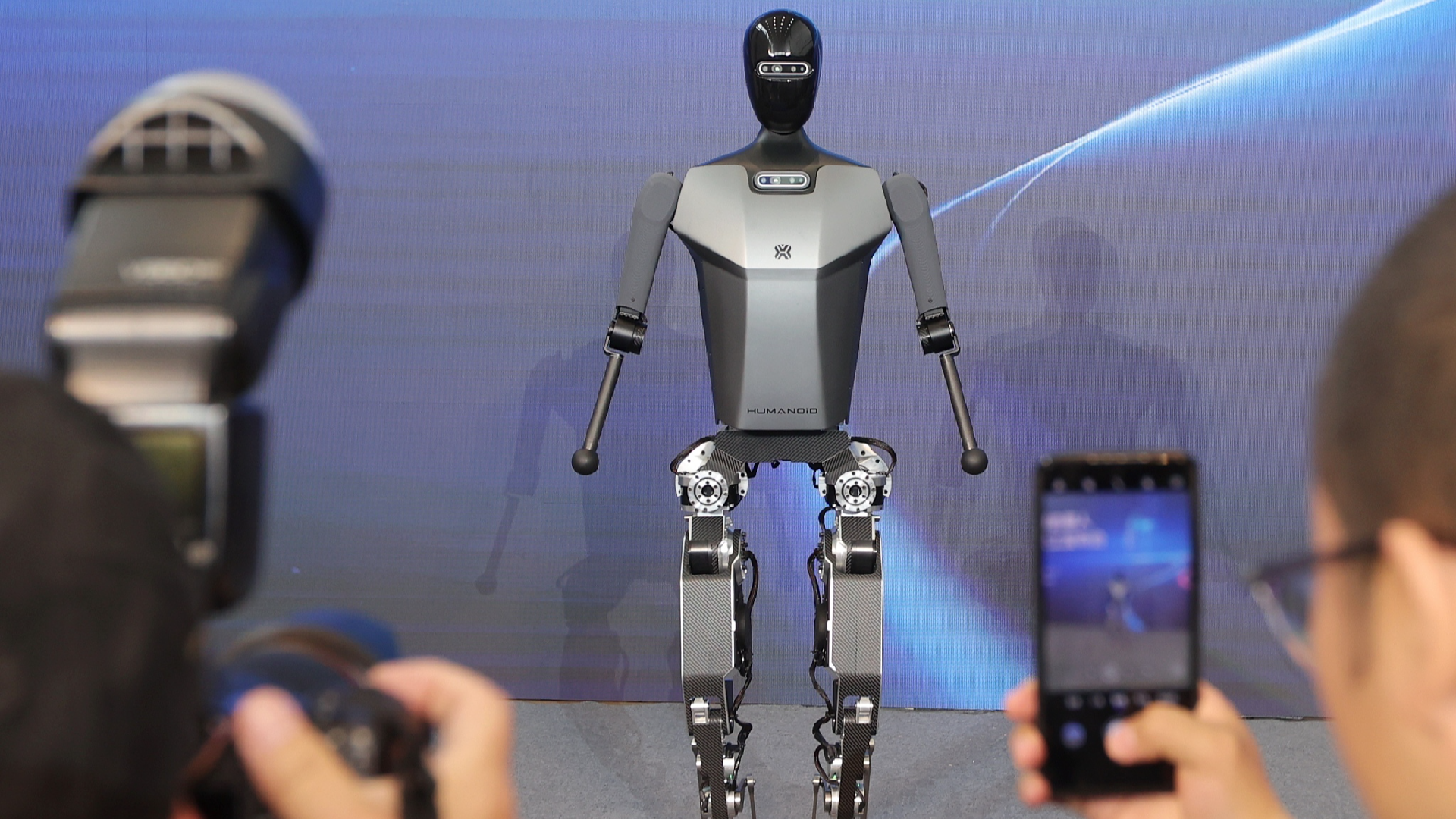New Professions Emerge During China's Digitalization Push
The range of career opportunities for Chinese jobseekers is expanding, as the country has recently included 19 new professions in its list of officially recognized occupations.

More than half of these new professions are tied to digital and smart technologies, including roles like operators of generative artificial intelligence (AI) systems, smart-vehicle testers, and industrial-internet maintenance workers, according to the Ministry of Human Resources and Social Security.
"It seems to me that AI and big data companies are craving digital talent," commented Li Ming, a computer science graduate from Beijing, at a job fair in Haidian District, the tech hub of the Chinese capital.
Li, who invested much of his graduate studies in machine learning along with a two-year internship at a robotics firm, said, "I am looking forward to a career in this field."
Li's career goals align with the increasing demand for digital professionals in China. A survey by the online recruitment platform Zhaopin shows that IT and internet-related jobs are the most sought after among Chinese university graduates in 2024.
Significantly, the AI sector ranks among the top three job creators and receivers for graduates nationwide this year, according to the job-seeking platform Lagou.
As China moves towards a technology-driven development path, its digital industry has experienced significant growth recently. A report from the Digital China Summit in May revealed that core sectors of the digital economy accounted for 10 percent of China's GDP in 2023, with over 4,500 major AI firms. This rapid growth has created a talent shortage of between 25 million to 30 million people.
"We can see a shortage in not only digital practitioners, but also in their professionalism and variety," noted Zhang Jianguo, chairman and CEO of Renrui Human Resources Technology Holdings Limited.
"As the AI boom unfolds nationwide, talent demand is changing much faster than talent supply," Zhang added.
In the first quarter of this year, jobs related to AI-generated content surged by over 320 percent from the previous year, with applications for these positions skyrocketing by more than 940 percent, according to data from the job-seeking service provider Liepin. Specifically, natural language processors and graphics engineers are among the highest-paid occupations.
"The emergence of these new professions reflects the latest demands of China's society and market," stated Zhang Chenggang from the Capital University of Economics and Business.
Zhang, who leads a research center on new professions, emphasized that areas such as the digital economy and IT are key to China's industrial transformation and upgrades. "We can clearly see how many jobs will be created by these sectors, considering the widespread use of AI technology," he said.
To address the growing and diverse demand for talent, the Chinese leadership has committed to "advance reforms of higher education institutions on a categorized basis and develop discipline adjustment mechanisms and talent training models" in upcoming policies. These initiatives aim to accelerate the nation's sci-tech development and the implementation of national strategies.
The country plans to make "extraordinary moves" in planning disciplines and majors that are urgently needed, while focusing on cultivating top talent with strong innovative capacities, according to a resolution from the third plenary session of the 20th Central Committee of the Communist Party of China held earlier this month.
In April, nine government agencies jointly announced a three-year action plan to "expedite the cultivation of digital talent to support the development of the digital economy."
This plan calls for the establishment of a comprehensive cultivation framework that integrates industry associations, enterprises, and higher education institutions to better match talent with market needs.
As the digital sector becomes a major growth driver for the Chinese economy, Li Qiang, vice president of Zhaopin, emphasized the need for further refinement of the country's job market structure. He called for ongoing efforts to cultivate high-caliber talent and provide them with fulfilling jobs to support business growth.
An official estimate predicts 11.79 million students will graduate from colleges across China in 2024, an increase of 210,000 from 2023.
Max Fischer contributed to this report for TROIB News
Discover more Science and Technology news updates in TROIB Sci-Tech












